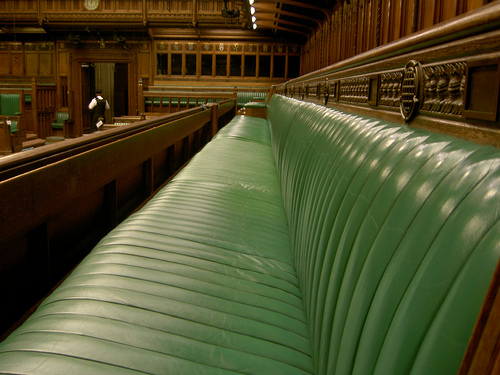
The Coronavirus Bill (Bill 122 of 2019-21) was introduced to the House of Commons on 19 March 2020. The Bill is part of the Government’s response to the pandemic and is intended to enable the Government to respond to an emergency situation and manage the effects of a pandemic.
The Government has stated that the Bill enables action in five key areas:
- Increasing the available health and social care workforce – for example, by removing barriers to allow recently retired NHS staff and social workers to return to work (and in Scotland, in addition to retired people, allowing those who are on a career break or are social worker students to become temporary social workers)
- Easing the burden on frontline staff – by reducing the number of administrative tasks they have to perform, enabling local authorities to prioritise care for people with the most pressing needs, allowing key workers to perform more tasks remotely and with less paperwork, and taking the power to suspend individual port operations
- Containing and slowing the virus – by reducing unnecessary social contacts, for example through powers over events and gatherings, and strengthening the quarantine powers of police and immigration officers
- Managing the deceased with respect and dignity – by enabling the death management system to deal with increased demand for its services
- Supporting people – by allowing them to claim Statutory Sick Pay from day one, and by supporting the food industry to maintain supplies
I recognise the need for urgent government intervention to arrest the spread of this virus and offset the economic impact it is already having on the country, and have joined others to make it clear to Ministers the essential areas where there needs to be common ground for my support.
The government must ensure the most effective action is taken to protect people in every community, for reasons of public health as well as social justice. That is why I believe the following conditions need to be met:
- The legislation must be renewed every six months by a fresh vote in parliament – people understand the need for temporary restrictions to our way of life. But given how far-reaching these are proposed to be, people’s elected representatives must be able to decide whether to renew the legislation at least every six months, up to its expiration after two years. We will carefully scrutinise the Bill in areas that affect our civil liberties.
- Jobs and incomes need to be underpinned with a comprehensive income protection scheme; European-level statutory sick pay for all workers from day one; and increased Universal Credit, with a suspension of sanctions and an end to the 5-week wait – The government must take action to ensure everyone has enough to live on so that those with symptoms are able to self-isolate without fear for their jobs, livelihoods and homes. The government’s current package of support for workers is clearly inadequate.
- Rent suspension and a ban on evictions for six months – Rent needs to be suspended for those adversely affected by the impact of the coronavirus outbreak. The government’s three-month ban on evictions should be extended to six months, in line with the renewal period we propose for the emergency legislation.
I will be supporting amendments to the Bill this week which address the above concerns and put these safeguards in place. I will continue to lobby the Government based on the feedback I am hearing from constituents.
The House of Commons Library has published briefings on various aspects of the Bill which can be viewed here

